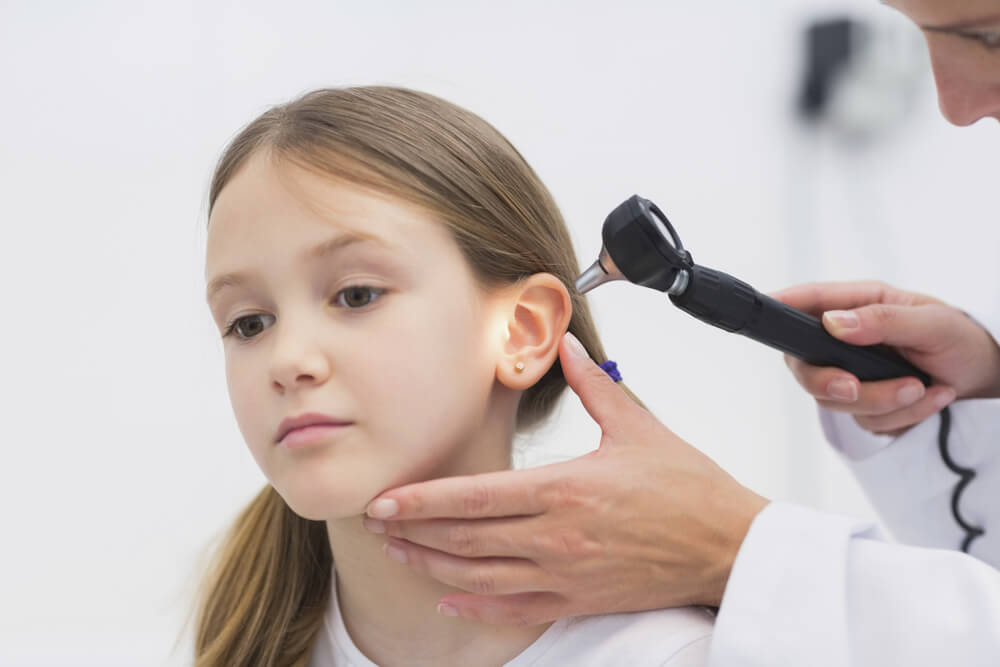Warning; Scuba Diving Causes Severe Ear Damage
Scuba diving is great fun but it can cause several ear problems and diseases. This is due to two factors; repeated immersion causing damage to the lining of the ear canal and the effects of high pressure on the ear drum.
Avid divers or dive trainers who dive regularly and for prolonged periods of time end up with water logged ears. The water softens the thin skin lining the ear canal. This allows bacteria to penetrate the protective squamous epithelium which usually protects against infection. Divers in tropical water are at higher risk of external ear infections. These are also known as otitis externa or swimmers' ear). This is because the warm water dissolves the waxy protective layer in the ear. As well as this the warmth allows the diver to remain in the water for longer periods of time. This increases water logging.
Swimmers' ear is inflammation and infection of the ear canal and outer ear. It causes itching, pain, redness, discharge and deafness from debris in the ear canal. If the infection spreads past the ear drum to the middle ear then the diver develops a middle ear infection. Fluid builds up behind the ear drum causing the ear drum to bulge and sometimes to burst. The condition is painful and can cause either temporary or permanent hearing loss. Rupture of the ear drum is painful in itself but afterwards the pain subsides. The ear discharges blood and pus.
Warning; Scuba Diving Causes Severe Ear Damage
The risk of otitis externa can be reduced by the diver avoiding putting anything at all in their ears. This can be difficult to resist if the ears are sore and itchy. The waterlogged skin is easily damaged by keys, fingernails and pen lids, worsening the risk of infection. Reducing time in the water helps but a keen diver will be reluctant to do this. Ear plugs may help protect the ears and rinsing the ears out with clean water or alcohol after diving can also help. Continuing to dive with a mild external ear infection can result in chronic severe ear infections with pus discharging from the ear.
The treatment of swimmers' ear is antibiotic drops. They usually contain antibiotics such as gentamicin, an antifungal and steroids to reduce inflammation. Immersion should be avoided until the condition settles. Middle ear infection is usually treated with a combination of oral antibiotics and antibiotic drops. This may include drugs such as augmentin or amoxicillin.
Scuba Diving Can Cause A Burst Ear Drum - Pop!
The other ear problem to affect scuba divers is a perforated ear drum. When a diver descends 10 metres under the water the volume of air in the middle ear drops by half. Divers are trained to equalize the pressure on both sides of the ear drum by swallowing or pushing the jaw forward. This opens up the openings to the Eustachian tubes which connect the nasal cavity with the middle ear cavity. The pressure in the middle ear equalizes with the outside world. This reduces tension in the eardrum and prevents perforation from barotrauma.
Problems arise when the diver is unable to equalize the pressure. On continuing to ascend or descend the tension in the thin membrane of the ear drum continues to increase until it tears. A common cause of difficulty in equalization is a cold, ear infection or other upper respiratory tract infection (URTI). Inflammation in the nasal passages holds the openings to the Eustachian tubes closed. This means that the pressure doesn't equalize, resulting in ear drum rupture. Unfortunately divers with a perforated ear drum shouldn't dive until the perforation has healed. Otherwise their hearing is at risk. The eardrum is no longer able to protect the delicate middle ear structures from the high pressure dirty seawater. It may take up to four to six weeks for perforations to heal, a long time for a keen diver to be out of the water.
Unfortunately mild upper respiratory tract infections and colds are common. Divers are best not diving until they have settled. If they insist on diving then a high prescribed dose of an anti-inflammatory such as ibuprofen may help. The addition of a nasal decongestant may be enough to allow equalization as a last resort. This should be done under the supervision of an experienced doctor. It is not recommended as the effect of the medication may wear off during the dive. Planning to end the dive may not be enough to prevent rupture because if the inability to equalize comes on at depth the diver has no choice but to ascend. This can cause a rupture.
Diving can have several effects on the ears, ranging from mild inflammation to life-changing deafness. Complications can be avoided if diving is not performed when symptoms of ear and upper respiratory tract infections are coming on. Look after the ears and take care whilst in the water.
This article is for interest only and should not be taken as medical advice.
Dr Toby Bateson















